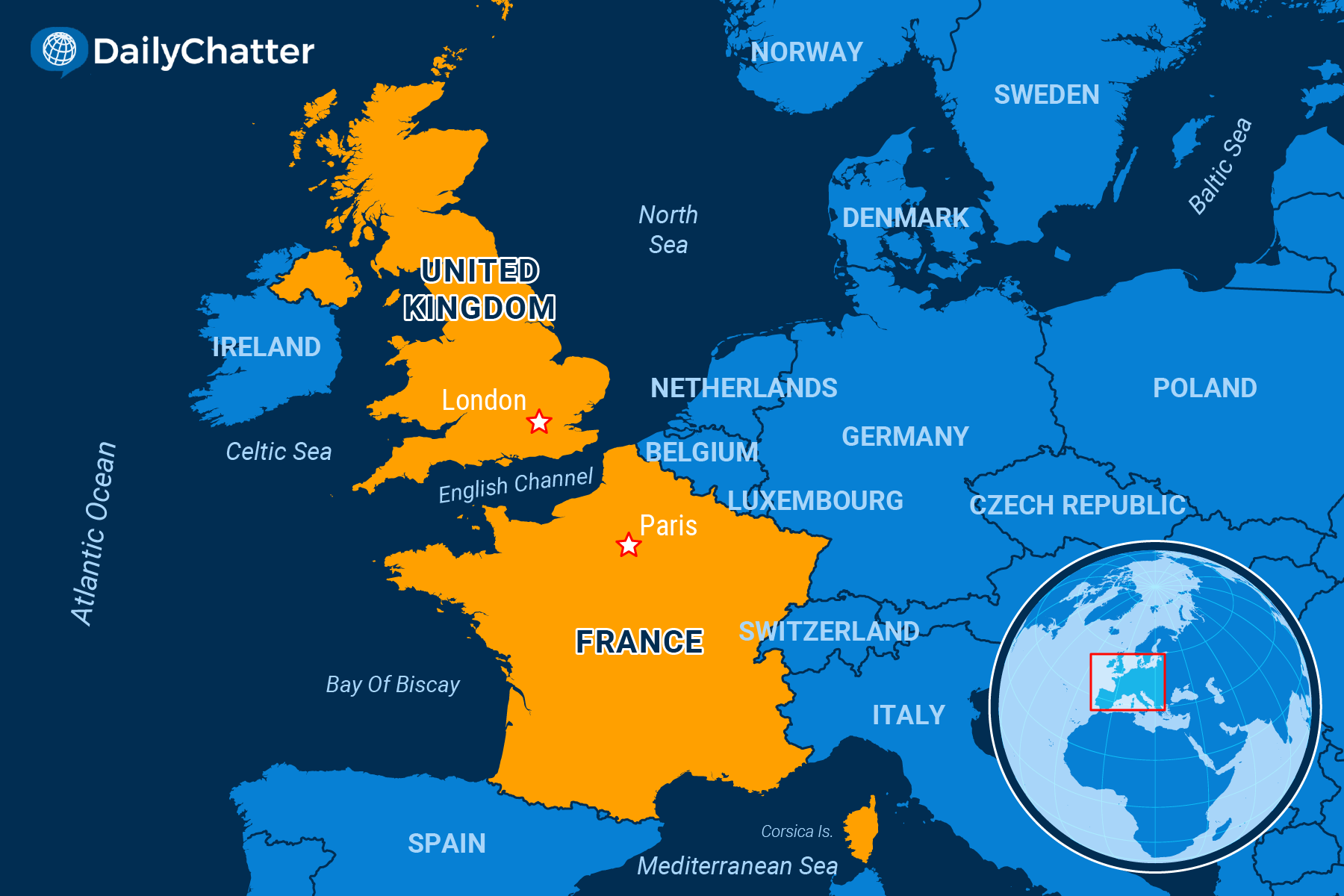
The World Today for July 17, 2024
NEED TO KNOW
The Battles and the War
UNITED KINGDOM/ FRANCE

Right-wing politicians opposed to immigration, the concentration of power in Brussels, and the erosion of traditional Christian culture were expected to sweep into power during a few big elections in Europe after their recent success in elections for the European Parliament, as National Public Radio explained.
Yet in the latest parliamentary votes in the United Kingdom and France, left-wing candidates won big, ending the Conservative Party’s government in Westminster and dashing the dreams of the far-right National Rally in France to hold power in Paris – this time.
In the UK, after 14 years of Tory government, voters gave the Labour Party a landslide victory and with it Sir Keir Starmer the reins of government in an election that also saw the Scottish National Party lose seats, Politico reported. Labour, furthermore, dominated the vote in London and the North of England, traditional powerbases for the left-leaning party. A Guardian columnist wondered if the UK was “bucking” the trend of the right accumulating power in the region.
Still, Starmer faces big issues related to crumbling infrastructure, dwindling services, funding shortfalls, and other issues, noted University of Liverpool urban planning professor Alex Nurse.
“(Labour’s) huge majority should, in theory, give Starmer the clout to see through most of his political agenda,” he wrote in the Conversation. “But in reality, the victory celebrations might prove short-lived, given the size of the challenges in front of him.”
In France, a leftist coalition of moderate socialists, greens, radicals, and communists called the New Popular Front expanded its share of parliament as it took the largest share of the vote, and kept Marine Le Pen’s far-right National Rally – as well as centrist President Emmanuel Macron’s allies – from gaining a majority, NBC News wrote.
The French parliament, however, is now facing gridlock unless two of those three parties can somehow reach a deal to share power – which they haven’t yet, almost two weeks after the election. Still, such an arrangement would be a first in France, which has no tradition of coalition governments.
“It was a good week for Europe. It was a bad week for Europe,” author and commentator Timothy Garten Ash wrote in the European Council on Foreign Affairs about the French and British elections. “Good because Britain now has a strong, stable centrist government … Bad because France looks set for a period of weak, unstable, divided government that will hamper the whole EU (European Union).”
Garten Ash says British and French leaders needed to receive solid mandates at a time when Russian forces are fighting to conquer Ukraine, China is a threat and the US political landscape is uncertain.
Meanwhile, the Tories are in disarray. Rank-and-file conservatives are expected to conduct a purge of party leaders that Reuters described as a potential “bloodbath.”
The French left, meanwhile, have managed to unite themselves – for now – but it’s unclear how long that may last, World Politics Review wrote. Still, as Politico noted, the French left never had a plan for winning.
Le Pen, however, remains undaunted. She is likely to run for president in 2027 when Macron will step down because of term limits. “The tide is rising,” said Le Pen, according to Foreign Policy magazine. “It didn’t rise high enough this time, but it’s still rising. And as a result, our victory, in reality, is only delayed.”
To read the full edition and support independent journalism, join our community of informed readers and subscribe today!
Not already a subscriber?
If you would like to receive DailyChatter directly to your inbox each morning, subscribe below with a free two-week trial.
Support journalism that’s independent, non-partisan, and fair.
If you are a student or faculty with a valid school email, you can sign up for a FREE student subscription or faculty subscription.
Questions? Write to us at [email protected].
